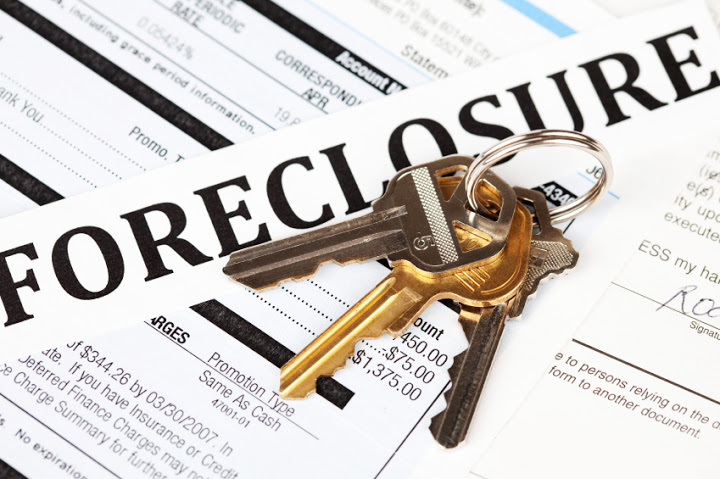If you have a home with a mortgage payment that you kept through your Chapter 7 or Chapter 13 bankruptcy you have probably wondered about:
What will happen in the future if I cant make my mortgage payment?
Will the mortgage company be able to come after me if I can’t pay my mortgage?
Does the bankruptcy protect me from having to repay the mortgage company if my house goes into foreclosure?
Many times you made a decision to keep the house through the bankruptcy in the hopes that the mortgage company would be willing to modify your loan or work out an option with you that would make your payments more affordable. If this does not become a reality or a loss of a job or income makes your home unaffordable what are your options?
If you have filed for Chapter 7 or Chapter 13 bankruptcy and you have obtained a discharge then you may not be responsible for any deficiency on your home if the house goes into foreclosure. If you did not sign a reaffirmation agreement for your mortgage then the lender is limited to foreclosing against the house and cannot seek to collect any deficiency against you. A reaffirmation agreement is an agreement that makes you personally liable for repaying the mortgage even after bankruptcy. It is generally not advisable to sign a reaffirmation agreement for a home mortgage as part of your Chapter 7 bankruptcy.
If you find yourself in a situation where you cannot afford to repay your mortgage after the completion of your bankruptcy case then the mortgage company has the right to foreclose on your home, but they do not have a right to collect the remaining balance from you. Your bankruptcy discharge has eliminated your personal liability for the home mortgages or line of credit on your home.
What if I Refinance?
If you refinance your home after a bankruptcy discharge, then whether you could be held personally liable for the mortgage will depend on state law. This loan would be considered a new loan and one incurred after bankruptcy and would not be part of your bankruptcy discharge. Depending on your state law, the refinancing of your home could give the mortgage company the ability to sue you for any difference between what you owe on the house and what the house was sold for.
What if I Obtain a Loan Modification After Bankruptcy?
This is an area that I believe is not clear cut yet. Some mortgage companies appear to be trying to protect themselves by putting in language to make you personally liable after obtaining a loan modification. Whether this will stand in court remains to be seen. The key question appears to be whether a loan modification creates a new loan and therefore a new liability after bankruptcy. At this point I would argue that it does not create a new loan but modifies the terms of the existing loan and therefore does not create a new liability. There are other attorneys who appear to hold that it does create a new loan and therefore creates personal liability after bankruptcy. From their viewpoint a foreclosure after a loan modification could result in the mortgage company coming after you for any deficiency (again this would depend on state law)

